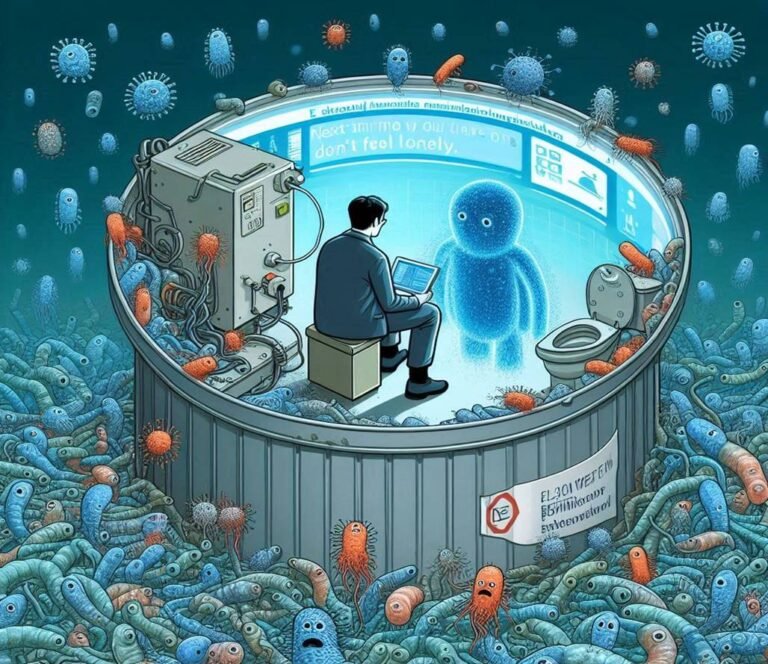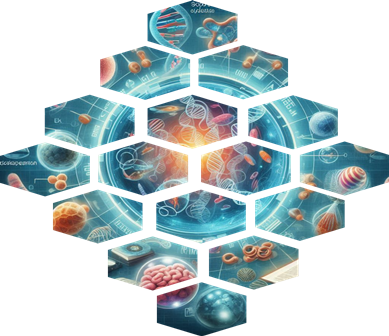Microbes are indeed our constant companions, playing crucial roles in our health and environment. From aiding digestion in our gut to decomposing organic matter in ecosystems, these tiny organisms are essential to life on Earth. It’s fascinating to think about how interconnected we are with the microbial world!
Did you know that trillions of beneficial microorganisms reside within your body? These tiny companions, collectively known as the microbiome, play a crucial role in maintaining our health. In this blog, we’ll delve into understanding their roles and how microbiome is crucial for our health and well-being.
Microbes: Our Ancient Companions
Microbes have thrived on Earth for billions of years, far longer than humans. They form complex social and physical communities, housing both helpful germs and harmful pathogens. In summary, these invisible microbes wield immense power within us.
The Human Microbiome: A Diverse Community
The human microbiome refers to the collection of trillions of microbes that inhabit our skin, mouths, noses, intestines, and other body areas.
Each person’s microbiome is unique, influenced by factors like diet, age, genes, and lifestyle. These microbial communities are essential for our health and wellness.
How Does the Microbiome Affect Your Body?
- Digestion and Nutrient Absorption: Your microbial buddies help break down food, especially fiber. Certain bacteria produce short-chain fatty acids, crucial for gut health.
- Immune System Support: A diverse microbiome stimulates your immune system, making it more robust and resilient.
- Brain-Gut Connection: The gut-brain axis involves constant communication between your gut and brain through neurotransmitters. A healthy microbiome contributes to mental well-being.
- Heart Health: Some gut bacteria metabolize dietary compounds, affecting cholesterol levels and heart health.
- Weight Regulation: Microbes influence metabolism and fat storage, potentially impacting weight management.
- Vitamin Synthesis: Intestine microbiota produce essential vitamins like B12, Thiamine, Riboflavin, and K.
The Human Microbiome Project (HMP)
The Human Microbiome Project, initiated by the National Institutes of Health (NIH), aimed to understand the human microbiome.
In its first phase, researchers cataloged microbial communities associated with specific body regions (skin, oral cavity, airways, gastrointestinal tract, and urogenital tract) using DNA sequencing. The project provided valuable insights into microbial diversity and potential associations with non-infectious diseases.
Understanding their roles and maintaining a balanced microbiome is crucial for our health and well-being.
Next time you are alone, don’t feel lonely: You are well surrounded by microbes around you and within you.






